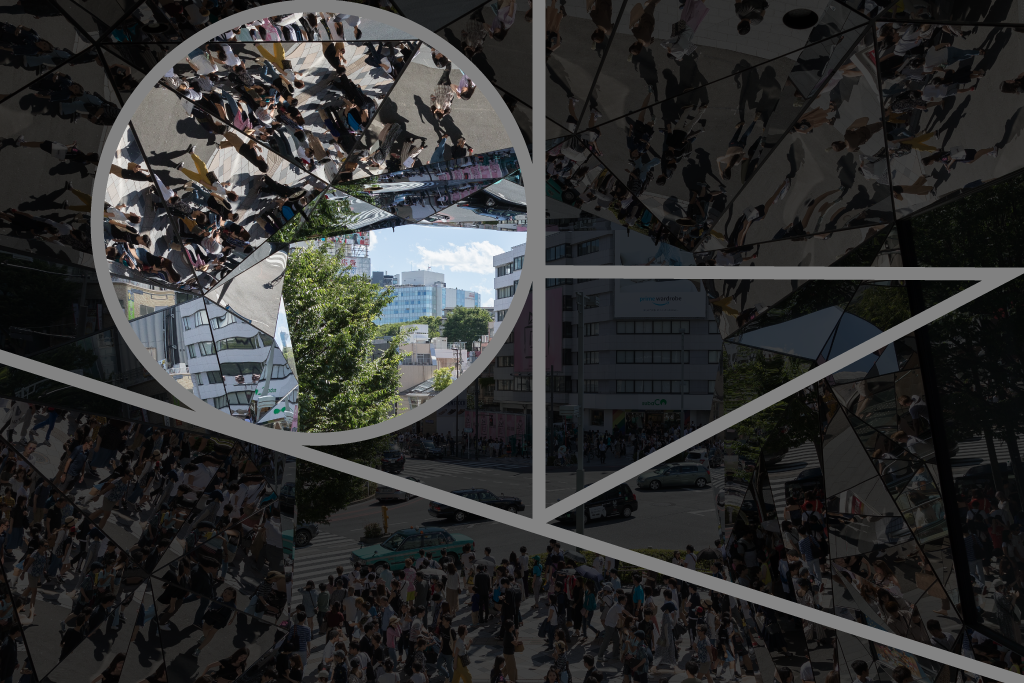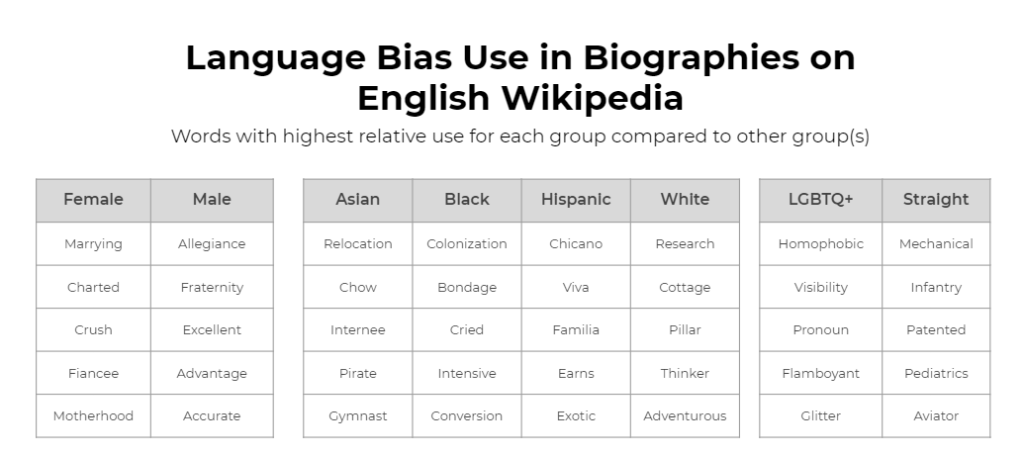
Equity begins with knowledge. To treat everyone equitably, rather than equally or the same, requires a deep understanding of the unique contexts, experiences, and backgrounds from where they come, as well as the structures and systems that benefit them or not. That is why who creates and shapes our knowledge is so important.
With an acute awareness of this reality, the Wikimedia movement places knowledge equity at the forefront of its strategy, so that Wikipedia and other projects one day reflect the sum of all human knowledge. Our strategic direction and movement strategy recommendations capture the need to build inroads between our projects and people whose history has been skewed or left out entirely by structures of privilege and power. Part of what is needed to reach that goal is a nuanced, fuller understanding of what people who we wish to invite into our movement think about Wikipedia and our wider work.
To that end, the Communications Department at the Wikimedia Foundation has been examining the level of trust and understanding that people have in our projects and work, so we can better contemplate how internet users think of, identify with, and support our mission worldwide. Gathering this data is vital to better understanding the gaps that need to be filled, and how to best support the important work already underway to address them.
That is why we embarked on an ongoing exploration of audiences in different regions, focusing on groups underrepresented in our projects. The first of these was a study of US audiences that examined levels of awareness of Wikipedia and Wikimedia by surveying people who identify as Black, Hispanic, Asian American, LGBTQ+ (*see below: smaller sample size for this group) , and those with physical or mental health conditions – further breaking it down by gender identity. The study, which surveyed 1,500 US adults (1,000 of whom identified as people of color) was commissioned from BAMM, a global data and insights firm with deep expertise in helping organizations to meaningfully understand their audiences.
The next part of the study, already underway, will assess perceptions among people in Brazil, Japan, Nigeria, and South Africa – adjusting to examine their specific cultural contexts. For example, in the South Africa survey, we are asking participants to share which language versions of Wikipedia they edit (including Afrikaans, Setswana, and isiXhosa Wikipedias, among others). We will also be sharing these results as they are available.
The data from the US study was both stark and enlightening — revealing opportunities for more focused work to build connections with specific communities, and clarify our current challenges with others. In this way, everyone can be part of closing these gaps and making more room for voices that are unrepresented in our projects.
Among the key findings were:
- White men (86%), Asian American women (85%), white women (83%), and those who identify as LGBTQ+* (87%) displayed the highest awareness rates of Wikipedia. The lowest awareness rates were among Hispanic women (69%), Black men (71%), and Black women (72%).
- Black women and Hispanic women have the lowest engagement rates with Wikipedia. When asked whether they used Wikipedia in the last six months, 31% of Hispanic women and 35% of Black women said “yes,” versus 57% of white men and 58% of Asian American men. Black men also had a lower engagement rate at 41%.
- Correspondingly, women largely feel under- or mis-represented on Wikipedia. Only 19% of Black women, 22% of Hispanic women, 22% of Asian American women, and 36% of white women said they felt represented, versus 60% of white men.
- Asian American men are highly engaged, and generally have a positive view of Wikipedia, but only 28% said they feel represented on the site.
- Hispanic women (30%) and Black women (37%) had the lowest rates of agreeing that Wikipedia was “accepting of people like me,” compared to white women (50%), Black men (50%), Asian American men (49%), white men (48%), and those who identify as LGBTQ+ (50%).
- Women are skeptical of Wikipedia’s inclusivity, specifically in regard to Wikipedia’s racial and gender equality values. Forty-two percent of white women, 43% of Hispanic women, and 45% of Black women agreed that Wikipedia values gender equality, versus 70% of white men, who are also the most engaged on Wikipedia.
- While 50% of white men believe that Wikipedia does have a representative number of female editors, women largely disagreed. Only 16% of Hispanic women, 22% of Asian American women, 23% of white women and 25% of Black women answered this question in the affirmative.
- Similarly, white men were more inclined to believe that Wikipedia has an ethnic diversity of editors at 57%, versus Hispanic women (22%), Asian men (25%), Black women (27%), and Asian women (30%).
- Those who identify as LGBTQ+ are highly engaged with Wikipedia (68%), and also perceive the site as inclusive, with 78% saying Wikipedia values the LGBTQ+ community.*
- Those with physical conditions and those with mental health conditions are highly engaged with Wikipedia, with 58% and 55%, respectively, saying they use the site and 50% and 45% saying they feel represented on Wikipedia.
- Finally, a sample of 23,491 US biographies on Wikipedia revealed there are clear differences in the types of language used between genders, ethnicities, and sexual identities emphasizing stereotypes and biases.

You can read the full report on Meta-Wiki to learn more about these findings and the research methodology.
While this data provides a view into the challenges we face in inviting new people into our projects, it also opens opportunities for the Wikimedia movement to better understand missed connections and the trust we need to build. The Foundation recently launched an effort to unite our equity work under a common theme. In the long-term, this will help bring more public visibility to these activities and invite new people into the movement, calling on everyone to “open the knowledge.” We hope to build on this work with all of you, using these new insights.
We truly cannot do this work alone. We have shared and discussed this initial set of research findings with a small group of Wikimedia volunteers and organizers whose work focuses on diversity, equity, and inclusion. Their feedback was invaluable as we continue this research in other areas and consider how to incorporate it in the Foundation’s external communications strategy. If you have feedback, questions, or ideas related to this research, please connect with us on our Department talk page. Further, we invite you to share this research with movement groups you are active in, and discuss how it could be applicable to your work. Please look out for future updates about this research on Diff.
Wikipedia is the largest collection of knowledge in human history and one of the world’s most visited sites. It gives people the power to choose — to share and create history that is accessed by millions — and increase their visibility. The success of Wikimedia’s mission doesn’t just mean achieving equity on our sites, but rather realizing a feat of human collaboration that can shape a more equitable world.
*Please note that the sample size of survey participants who identified as LGBTQ+ was small.

Can you help us translate this article?
In order for this article to reach as many people as possible we would like your help. Can you translate this article to get the message out?
Start translation